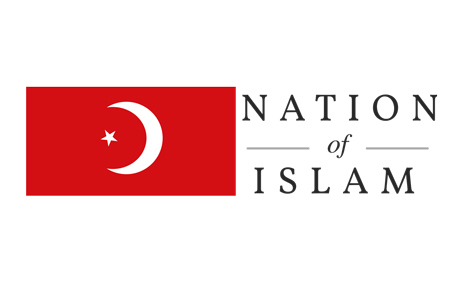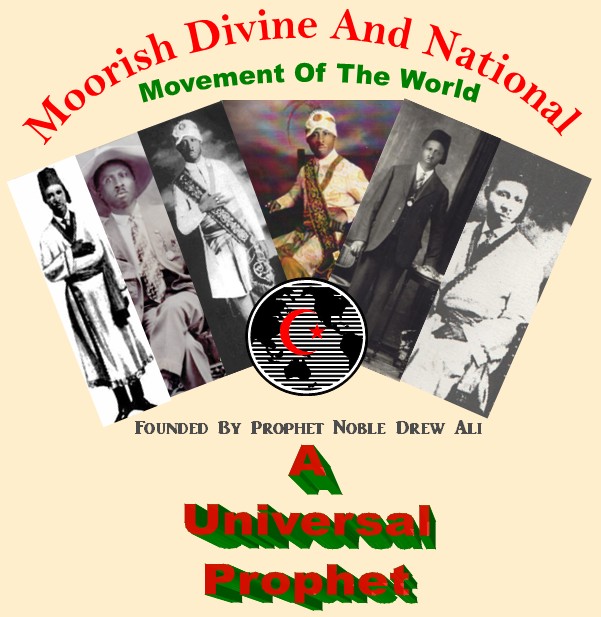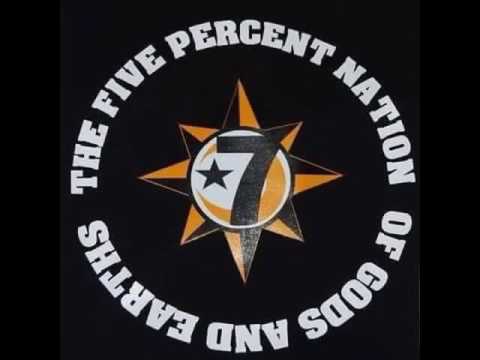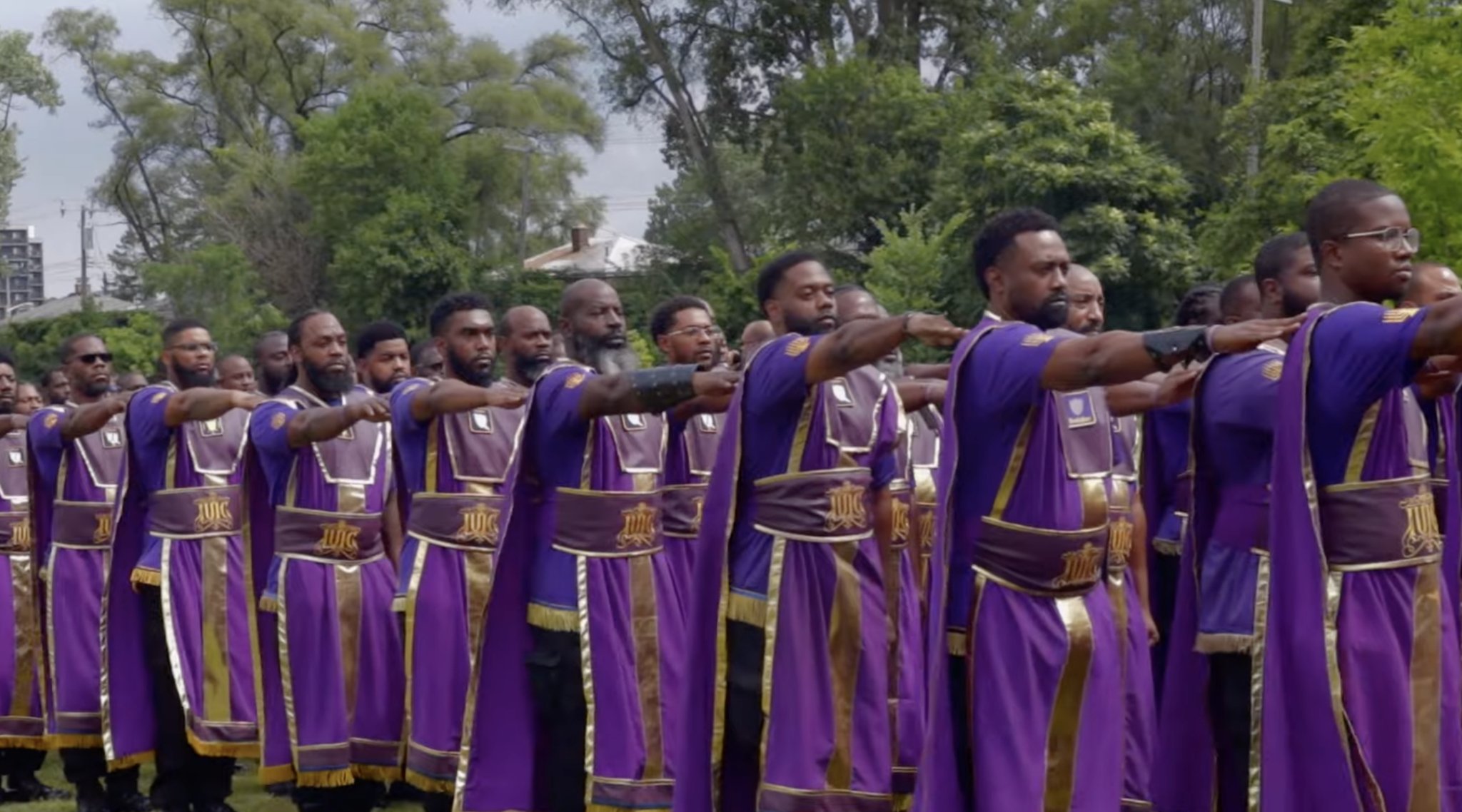You out the Prophet in there .If you mean, Afram "religion" in its totality:
african rooted

.
.
afro-new world hybrid



.
.
.
.
black nationalist rooted





You out the Prophet in there .If you mean, Afram "religion" in its totality:
african rooted

.
.
afro-new world hybrid



.
.
.
.
black nationalist rooted





Do you think the African influence played a large factor? I practice Santeria and a lot of those Baptist worship services look like our Tamboure's .
Do you think the African influence played a large factor? I practice Santeria and a lot of those Baptist worship services look like our Tamboure's .

I'll check him out thank you




The one forced on us by cacs obviously. Most black people were pagans and animists before cacs came into the picture
 "Black people" maybe? ADOS specifically, Idk.
"Black people" maybe? ADOS specifically, Idk. 
The one forced on us by cacs obviously. Most black people were pagans and animists before cacs came into the picture
You being funny, but Idk. I recently came across this articleBaptist, Methodist.....or Nation of Islam & Black Israelite

HoodooIf you mean, Afram "religion" in its totality:
african rooted


.
.
afro-new world hybrid



.
.
.
.
black nationalist rooted




[/img]
“I did a talk a few years ago at Harvard where I played those two things, and the room absolutely exploded in clapping, because [the connection] was obvious,” says Diouf, an author and scholar who is also a researcher at New York’s Schomburg Center for Research in Black Culture. “People were saying, ‘Wow. That’s really audible. It’s really there.’” It’s really there thanks to all the Muslim slaves from West Africa who were taken by force to the United States for three centuries, from the 1600’s to the mid-1800’s. Upward of 30 percent of the African slaves in the United States were Muslim, and an untold number of them spoke and wrote Arabic, historians say now. Despite being pressured by slave owners to adopt Christianity and give up their old ways, many of these slaves continued to practice their religion and customs, or otherwise melded traditions from Africa into their new environment in the antebellum South. Forced to do menial, backbreaking work on plantations, for example, they still managed, throughout their days, to voice a belief in God and the revelation of the Qur’an. These slaves’ practices eventually evolved—decades and decades later, parallel with different singing traditions from Africa—into the shouts and hollers that begat blues music, Diouf and other historians believe.





Well, we have inherent carryover from our ancestors' spiritual practices. Like everything else about us, we retained what we could and applied it to our new environment and made something unique.


The immediate impetus for the development of this new, energetic, and distinctly black gospel music seems to have been the rise of Pentecostal churches at the end of the 19th century. Pentecostal shouting is related to speaking in tongues and to circle dances of African origin. Recordings of Pentecostal preachers’ sermons were immensely popular among black Americans in the 1920s, and recordings of them along with their choral and instrumental accompaniment and congregational participation persisted, so that ultimately black gospel reached the white audience as well. The voice of the black gospel preacher was affected by black secular performers and vice versa. Taking the scriptural direction “Let everything that breathes praise the Lord” (Psalm 150), Pentecostal churches welcomed tambourines, pianos, organs, banjos, guitars, other stringed instruments, and some brass into their services. Choirs often featured the extremes of female vocal range in call-and-response counterpoint with the preacher’s sermon. Improvised recitative passages, melismatic singing (singing of more than one pitch per syllable), and an extraordinarily expressive delivery also characterize black gospel music.